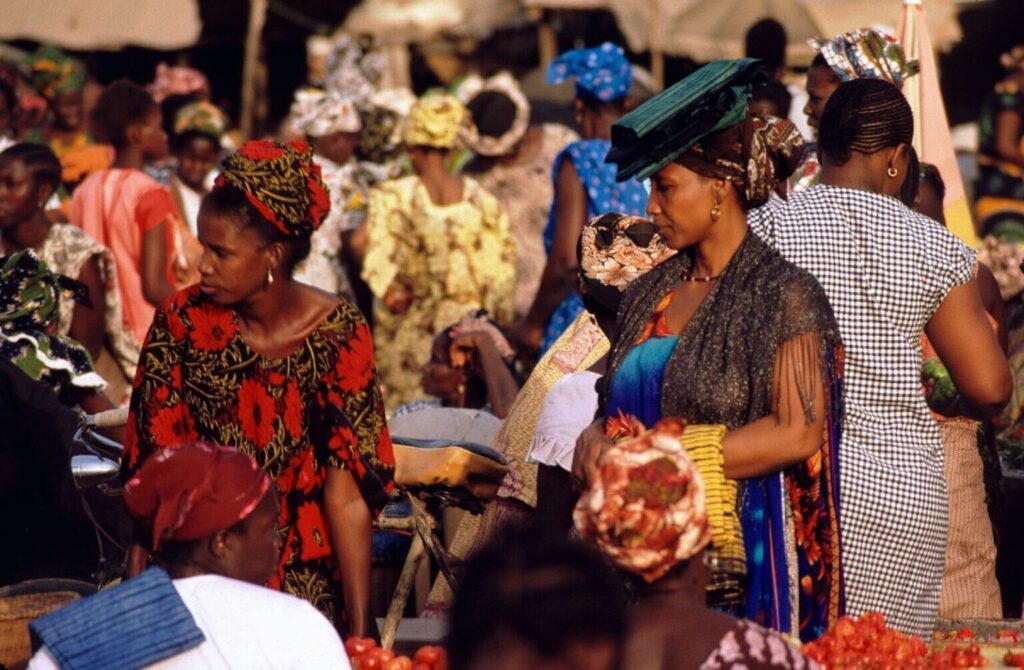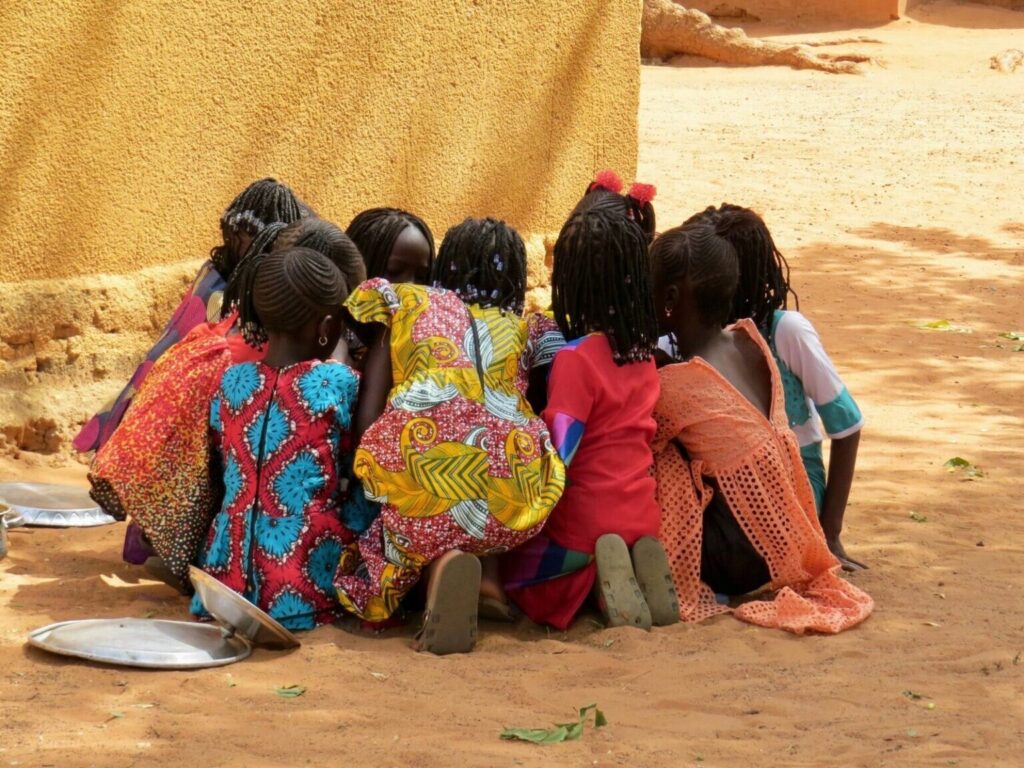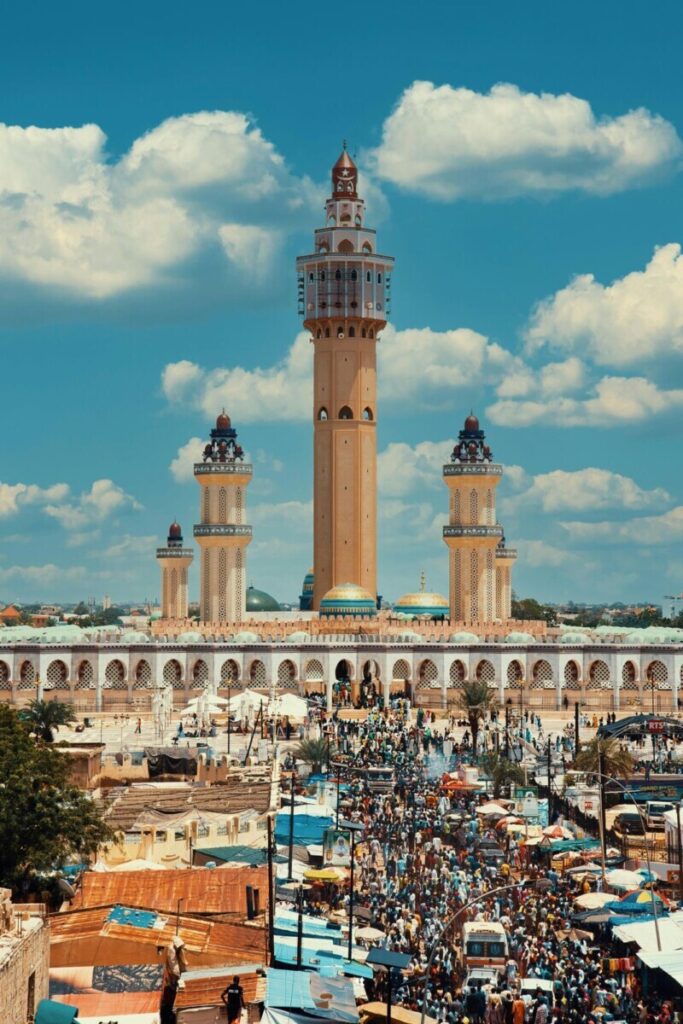Senegal is another of Cooperating Volunteers’ destinations that welcomes hundreds of participants to experience volunteering. In this West African country, we have several ongoing projects, including childcare, medical assistance, and education.
Since many of you choose the education project, today we want to share with you how the education system works in this country and some of the challenges it faces, despite the significant progress made in recent years.

The education system follows a model similar to that of other French-speaking West African countries, divided into different levels:
- Preschool Education: It is not mandatory and is less developed, but in larger cities, it is starting to gain importance.
- Primary Education: It is free and compulsory for children between the ages of 6 and 12, lasting 6 years. Instruction is in French, which poses a challenge for many children who speak local languages at home, such as Wolof or Pulaar.
- Secondary Education: Divided into two cycles: the first cycle lasts 4 years (known as “collège”), and the second cycle lasts 3 years (equivalent to upper secondary school or “lycée”). The dropout rate increases significantly at this level, especially among girls.
- Higher Education: Includes universities and technical and vocational training centers. Public universities, like Cheikh Anta Diop University in Dakar, are the most prominent, although they face issues of overcrowding and lack of resources.

As mentioned, the biggest challenge is undoubtedly school dropout, especially in rural areas and particularly among girls.
Some of the contributing factors are:
- Widespread poverty in many areas, forcing children to work from an early age to support their families, limiting their ability to continue their studies.
- Limited access, as many communities lack proper infrastructure (in some cases, children have to walk long distances to reach school, losing many hours of the day).
- Cultural and gender factors, as in certain regions, the role of girls in families and early marriage prevents them from attending and completing their education. Girls face additional barriers to accessing education, especially in rural areas. Cultural practices, domestic work, and early marriages often limit their educational opportunities.
- Educational quality suffers due to a lack of resources, deteriorating schools, or a shortage of trained teachers.
In Senegal, there is also a non-formal education system for young people and adults who could not attend or complete formal education. These programs are designed to combat illiteracy and offer vocational training.
The Senegalese government has prioritized education in its development agenda, aiming to improve the quality, equity, and access to education. Educational reforms have been implemented to reduce dropout rates, improve teacher training, and increase funding for the education sector.

In summary, while education in Senegal has made progress, it still faces significant challenges, especially in terms of gender equity, language barriers, and inadequate infrastructure. However, the government’s commitment and collaboration with international organizations have driven important improvements.
If you choose Senegal for your volunteer experience, you will work alongside a local team of teachers and witness firsthand how the education system functions.
Education is essential for the evolution of society and a fundamental right. That is why it is important to emphasize and implement reforms in communities facing such challenges.




